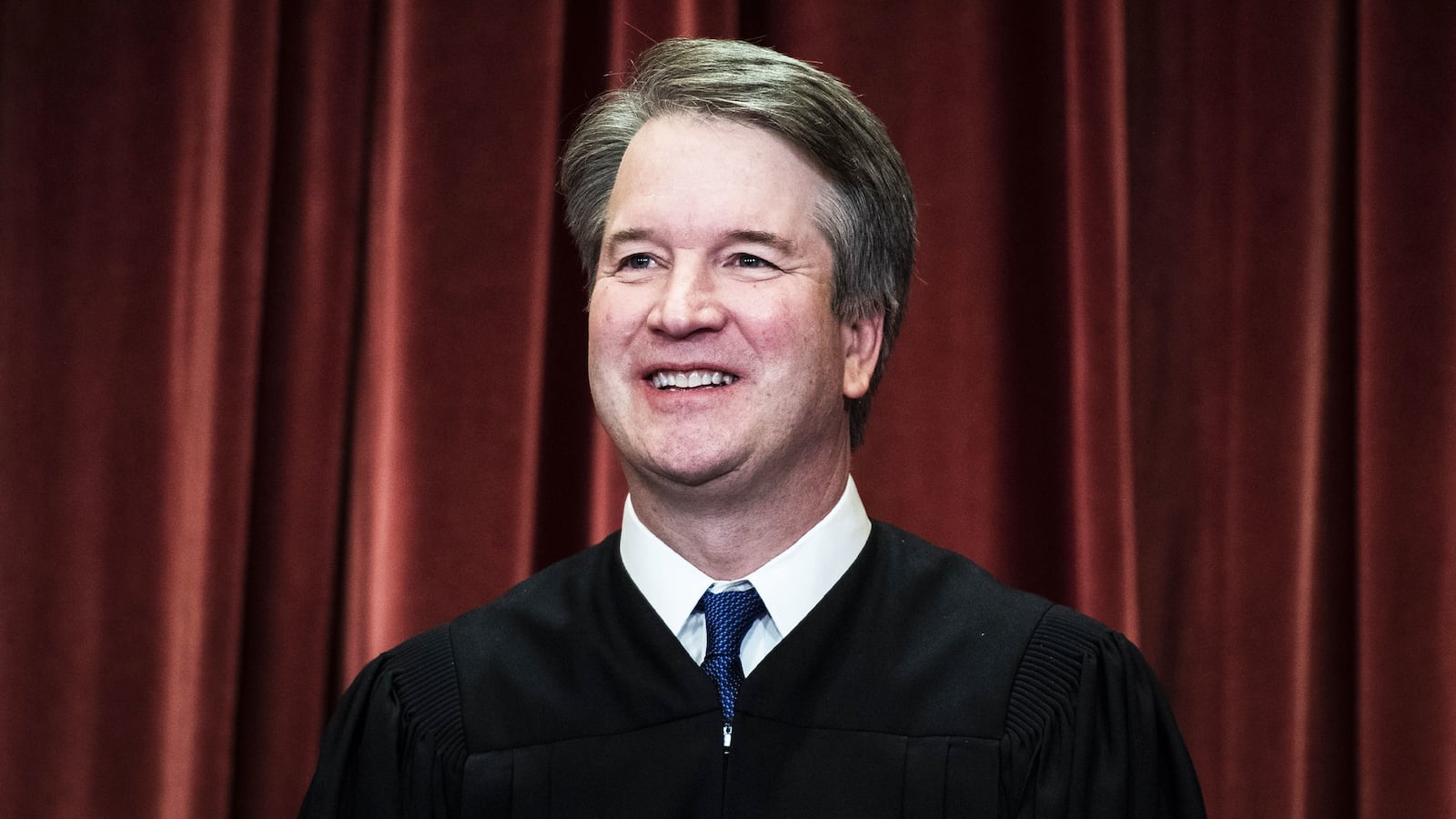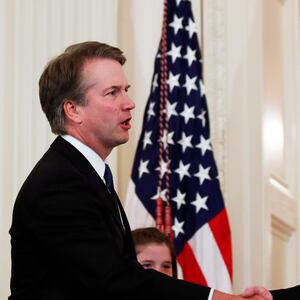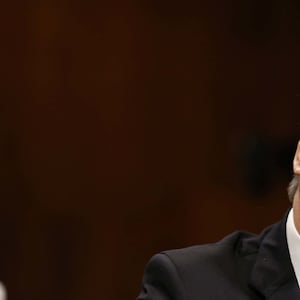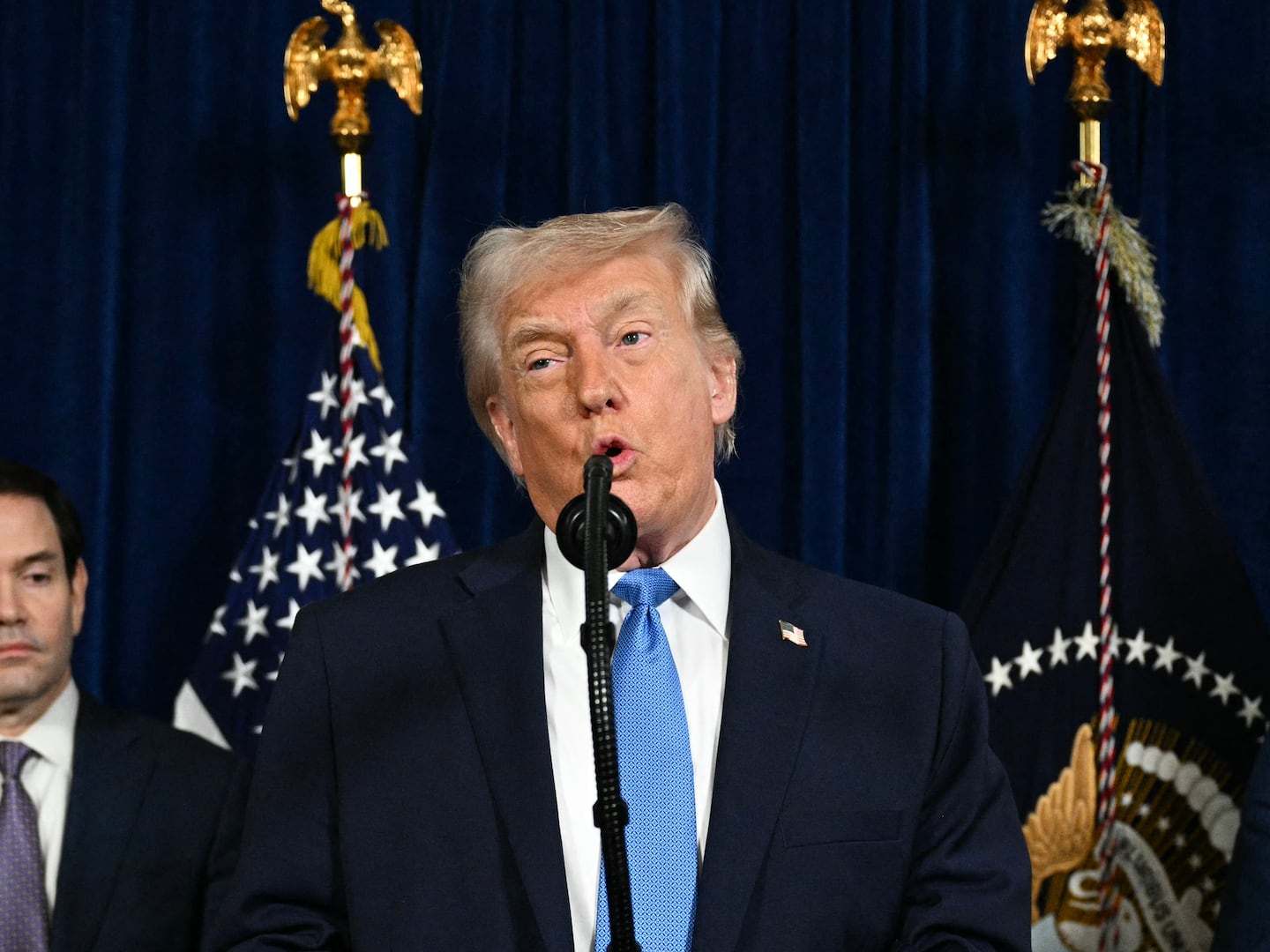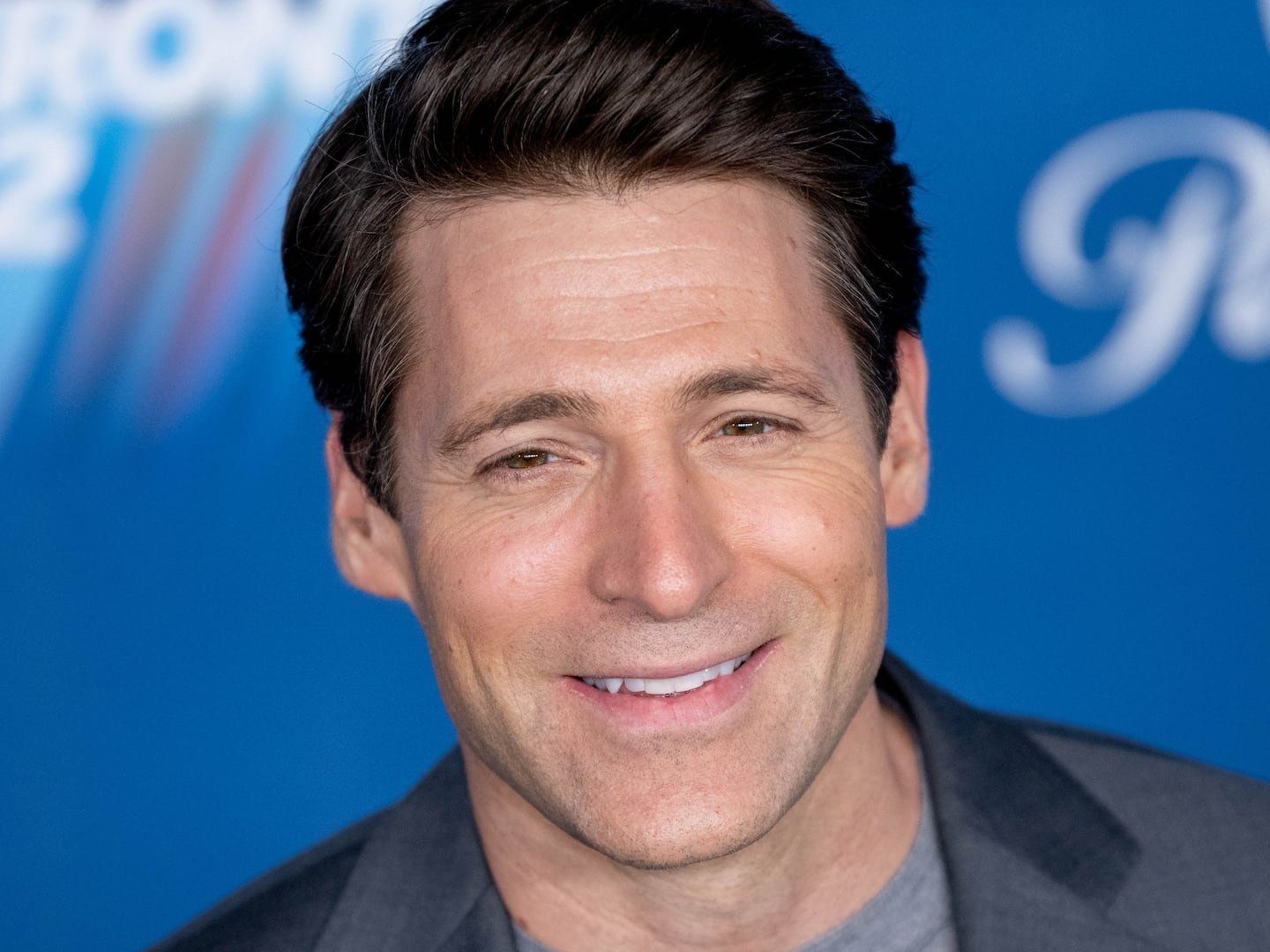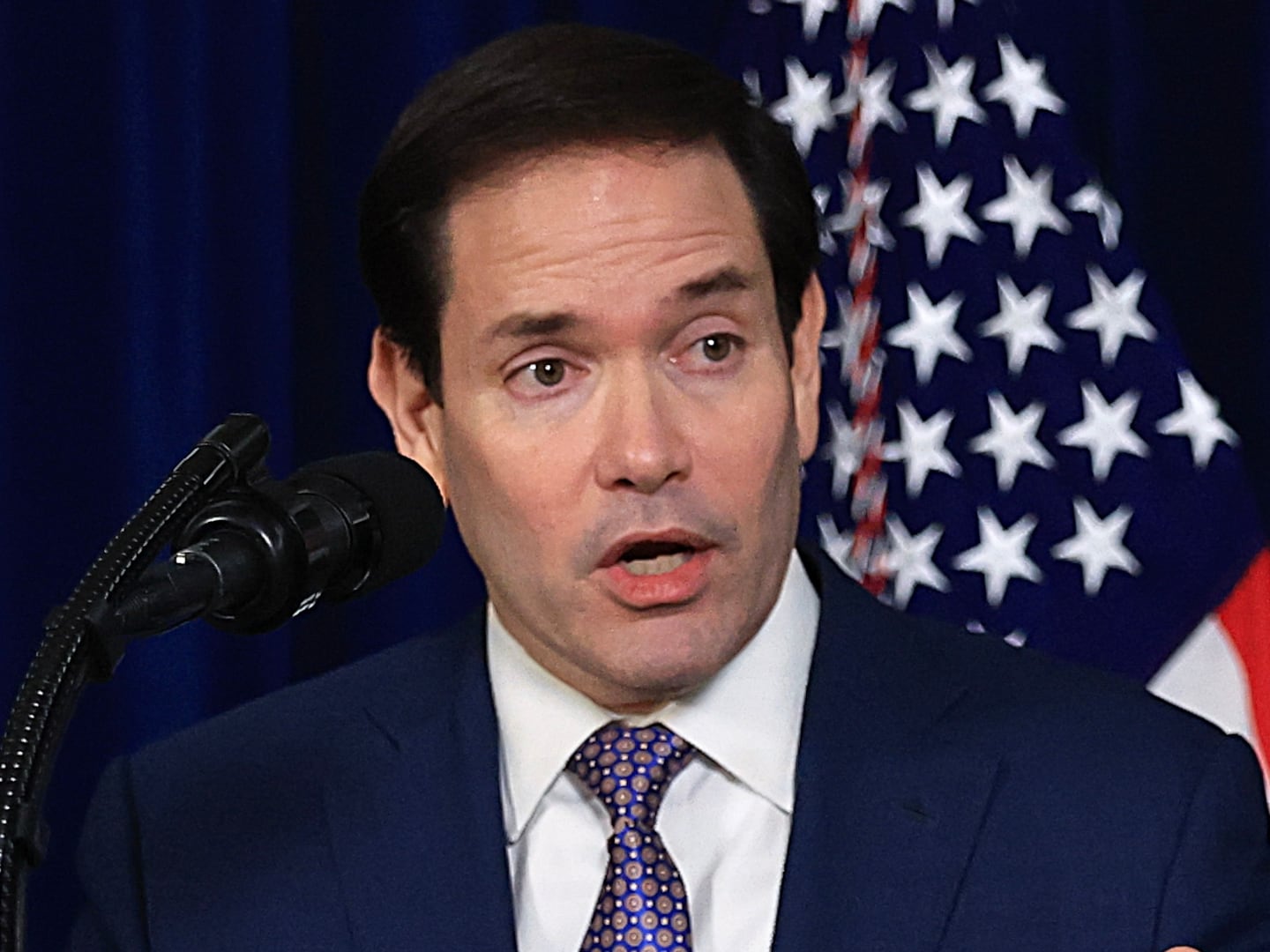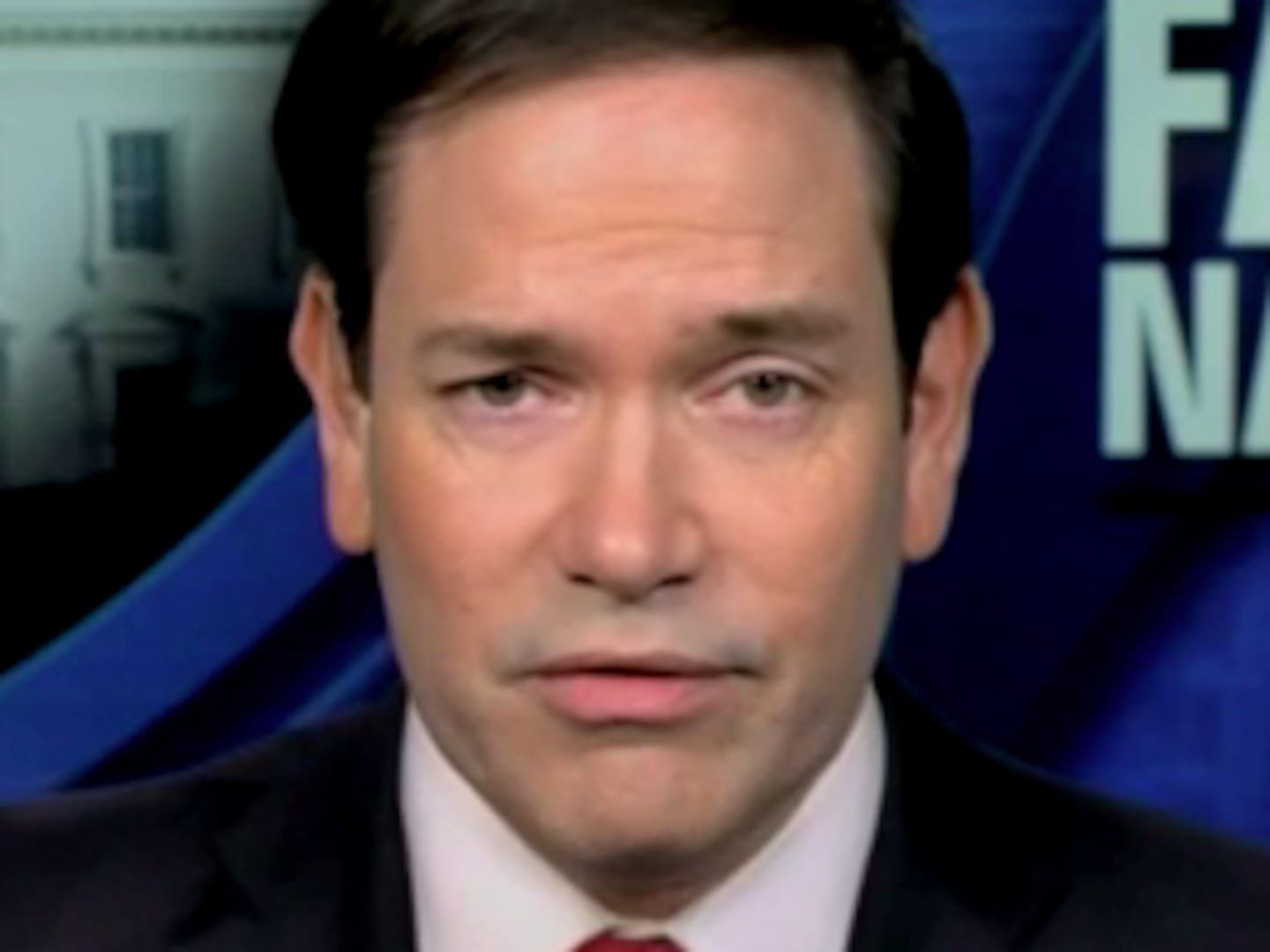On Thursday night, in a closely watched abortion case— the first since Justice Kavanaugh joined the Supreme Court—the court halted the implementation of a Louisiana law that would require doctors providing abortions to have admitting privileges at a hospital.
The vote was 5-4, with Chief Justice Roberts siding with the court’s liberals, and Justice Kavanaugh writing a dissent.
In immediate terms, that means that the law will not go into effect until the legal challenges to it are resolved. That’s a temporary victory for the women of Louisiana, and for reproductive rights more broadly.
But the action is more significant as an indicator of how the newly configured Supreme Court will preserve or erode the constitutional rights of women seeking abortions. And in that regard, the signals are decidedly mixed.
The most important thing about the Louisiana law is that it is virtually identical to a Texas law struck down by the court in 2016. Then, as now, there is no health, safety, or medical reason for this requirement; every major medical association has said so. But what both laws would do is make it harder for women to get abortions by shrinking the number of abortion providers. That, the court said in 2016, places an “undue burden” on women and is unconstitutional.
The only thing that’s changed since then, of course, is that now Brett Kavanaugh sits on the court instead of Anthony Kennedy. From the law’s inception, it was intended to be a trial balloon.
Justice Kavanaugh’s dissent is perplexing. He notes that there are only four doctors who perform abortions in Louisiana (which itself is quite remarkable), one of whom already has admitting privileges at a hospital. Since the law has a 45-day grace period, Justice Kavanaugh writes, the three others could try to get admitting privileges during that period. If they get them, then, problem solved, there’s no “undue burden.” And if they don’t, the doctors can file suit at that time, and even enjoin the law at that time, now that they know they’re being harmed by it.
But wait a minute.
The point of a facial challenge to a law like this is that the law itself is unconstitutional. The “undue burden” exists not just because of the four doctors working today, but because of any future doctor who wants to provide reproductive health services. It exists because, as the Supreme Court held two years ago, a law with no scientific basis is itself an undue burden. Justice Kavanaugh’s logic would greatly reduce the scope of that precedent.
By way of analogy, suppose a state passed a law that said all political protest signs must be professionally printed instead of handwritten. That law is unconstitutional on its face, even if everyone can hire and pay for a professional printer. It’s a totally unjustified regulation of political speech that places an undue burden on people trying to exercise their rights.
Likewise here. Maybe all three of the doctors can gain admitting privileges. Or maybe they can’t. Maybe they can, but the costs of doing so are prohibitive and would force a clinic to scale back its hours. Or maybe they can do it, but the law creates a “chilling effect” that deters a future clinic from opening.
Whether the law places an undue burden or not doesn’t depend on how it affects these specific clinics at this particular time. Especially because the whole point of the 2016 case, Whole Women’s Health v. Hellerstedt, was that when a supposed health law actually has no basis in health science, it is ipso facto an undue burden.
Under Justice Kavanaugh’s logic, Louisiana could pass a new law requiring abortion doctors to wear polka dotted shirts with striped ties and clown shoes. After all, as long as they can get the clothes, where’s the undue burden? Never mind that they look like clowns and that there’s no reason for the law to exist in the first place.
By construing “undue burden” only as applied to specific doctors (and thus women), Justice Kavanaugh’s logic would allow all kinds of pointless regulations, as long as doctors could somehow comply with them.
So, does this mean that the Christian right’s prayers have been answered? Maybe.
This dissent looks a lot like one of then-Judge Kavanaugh’s most notorious dissents when he was on the D.C. Circuit Court of Appeals. That was in the case of Garza v. Hargan, which was about whether an undocumented teenage immigrant in U.S. custody was entitled to obtain an abortion without having to obtain familial consent.
The D.C. Circuit said yes, but Kavanaugh vigorously dissented, asking, “Is it really absurd for the United States to think that the minor should be transferred to her immigration sponsor—ordinarily a family member, relative, or friend—before she makes that decision?”
Actually, yes. The plaintiff was being held in U.S. custody, and was not allowed to visit her sponsor. So, yes, it is absurd to say that a detainee who cannot visit a sponsor, must visit a sponsor in order to exercise her rights.
In Garza, Kavanaugh displayed a seemingly willful lack of forethought (not to mention empathy with a terrified teenage girl in a detention center, desperately trying to end an unwanted pregnancy). Now, once again, he seems not to have thought through the consequences of his position.
Since, whatever his other flaws, Justice Kavanaugh is a very intelligent man, it is a little strange that he can’t seem to think straight when it comes to abortion cases. His normal sense of logic seems to go out the window.
That should be heartening to the Christian right which voted for Trump in part to get a “pro-life” majority on the Supreme Court.
On the other hand, Justice Kavanaugh didn’t offer any hint that he would overturn Whole Women’s Health. He would limit it by redefining “undue burden” more restrictively, but at least in this decision, he accepted it as a settled precedent. That’s not quite the overturn-Roe home run that some conservatives would have liked.
And, of course, Chief Justice Roberts, who was part of the dissenting minority in Whole Women’s Health, here voted with the court’s liberals to enjoin this copycat law from taking effect. That doesn’t mean he agrees with the earlier case—presumably, he does not. But it does mean that, as a judicial conservative more than a political one, he’s not about to undue a recent precedent because the political winds have shifted.
Those winds may yet erode abortion rights and same-sex marriage, as the court chips away at civil rights bit by bit. But if this week’s decision is any indication, it’ll be a long, grinding rain—not a tornado.

